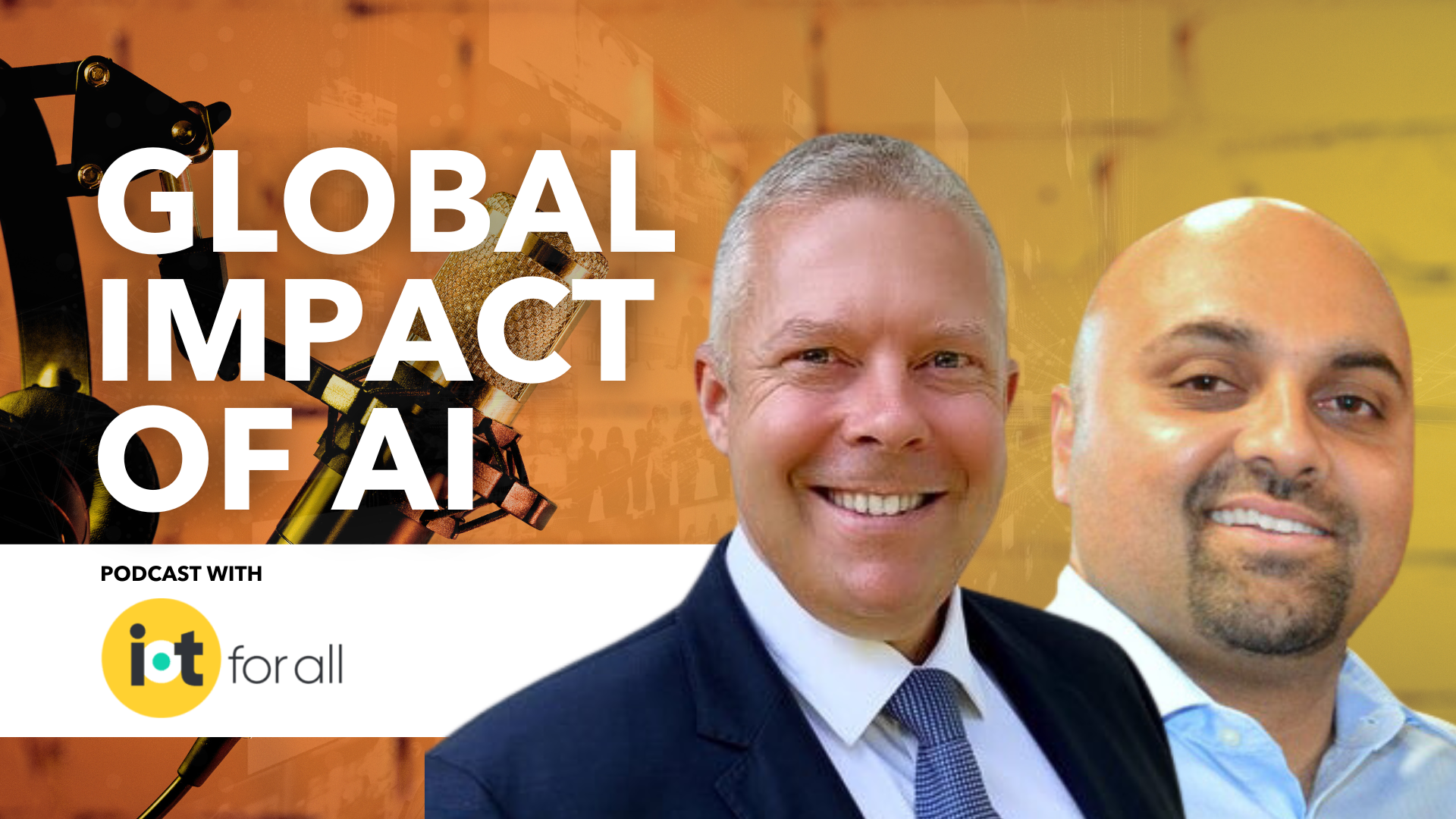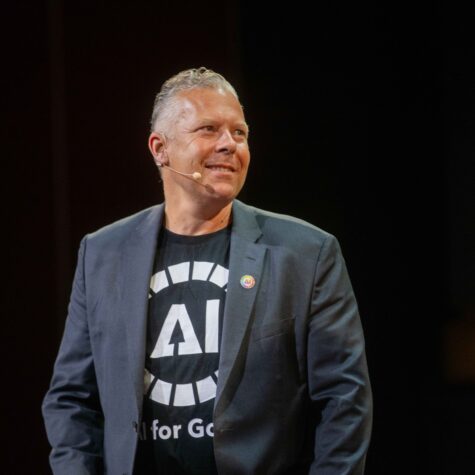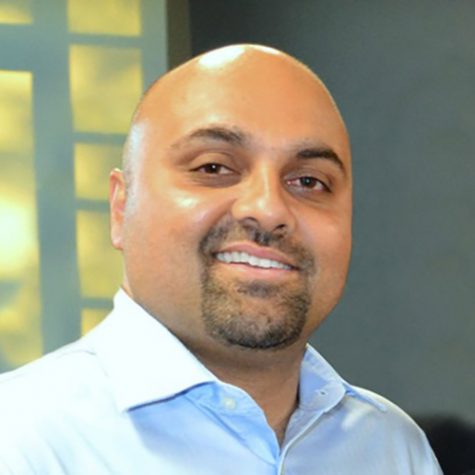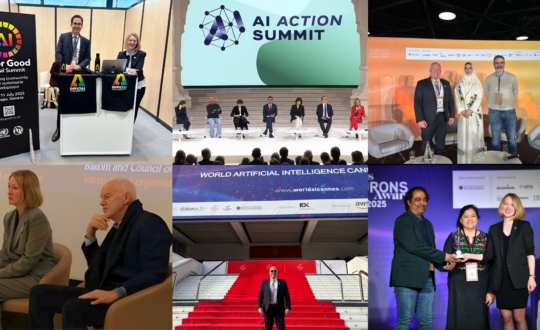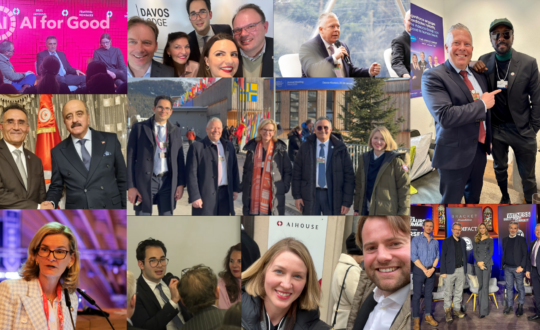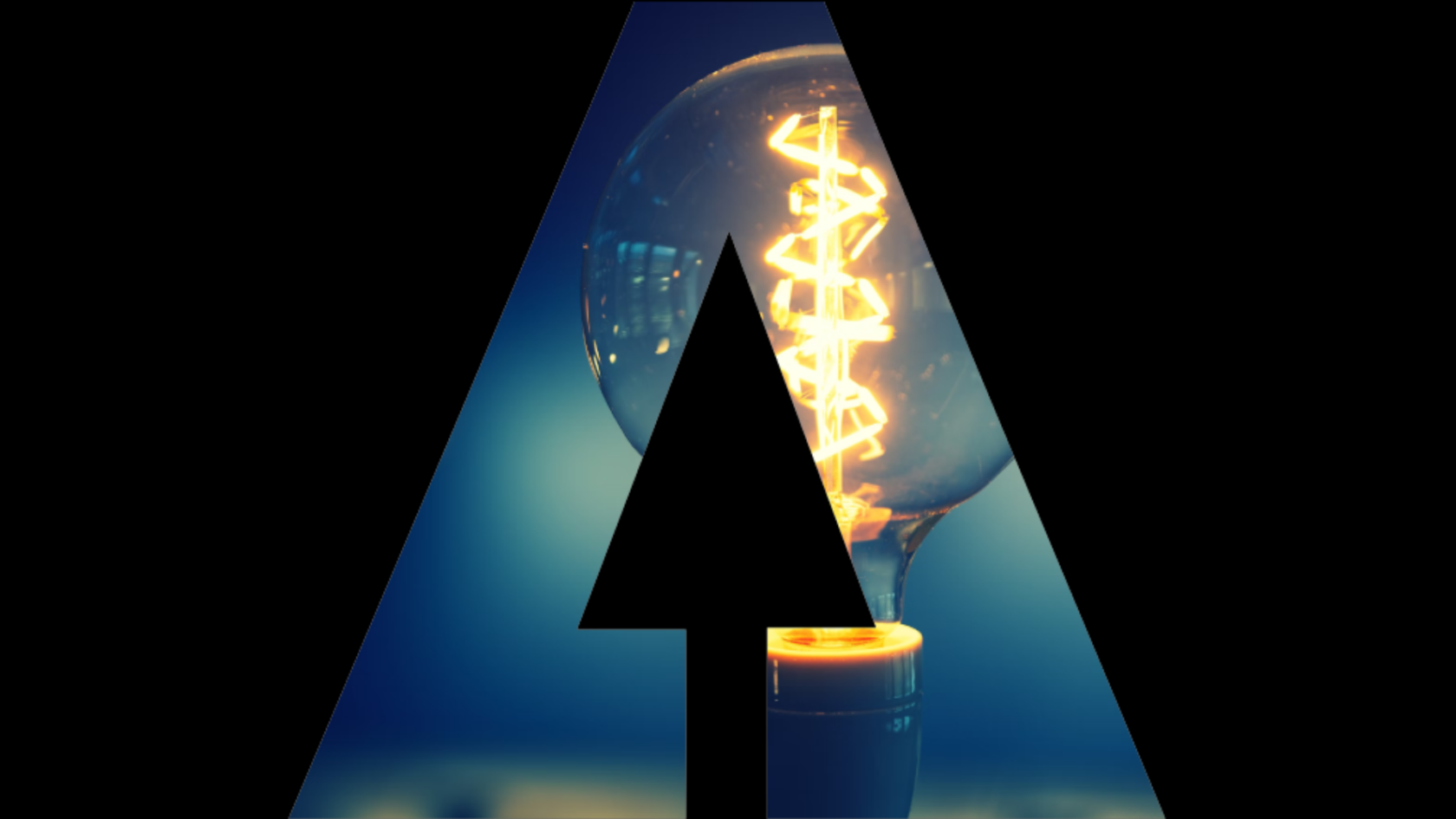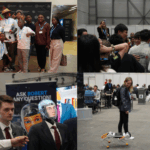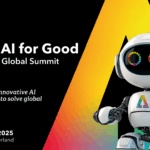The intersection of technology and society has never been as dynamic and complex as it is today. This is particularly evident in the field of Artificial Intelligence (AI), which has become a central axis around which our future revolves. As part of the effort to navigate this intricate landscape, the IoT for All podcast recently hosted an enlightening dialogue between two AI experts: Frederic Werner, Head of Strategic Engagement for ITU’s Standardization Bureau, and Neil Sahota, CEO of ACSI Labs and United Nations (UN) AI Advisor.
The conversation primarily revolved around the impending AI for Good Global Summit, described as a critical event that will showcase both the promise and the predicaments posed by AI.
Speaking about the balance needed in AI discussions, Werner emphasized:
“So how do you imagine the future for AI? What kind of guardrails are needed? And then at the same time, I don’t want them to forget the good part.”
This perspective underscores a key tenet of AI development: the need to simultaneously engage with its revolutionary potential and ethical implications. In an era where AI is reshaping everything from healthcare to art, this dual focus is indispensable.
The speed of AI’s progression is another significant concern addressed in the dialogue. Sahota acknowledged this fear and emphasized the need to transition from reactive to proactive thinking.
“We’ve reached this inflection point, and we’ve been talking about this as part of this AI for Good community that the proactive thinking, the anticipation of the different scenarios, what the different uses, misuses has become critical,” he said.
In other words, the increasing pervasiveness of AI calls for anticipatory governance, where we strive to foresee potential scenarios and act accordingly, rather than simply reacting to issues post-emergence.
This shift requires considerable cultural adjustment, as Sahota pointed out:
“That’s just a major cultural shift… you got to start developing the culture, developing the mindset with people.”
Another intriguing aspect of the AI discourse highlighted by Werner is its philosophical implications. In a sense, AI serves as a reflective mirror, compelling us to introspect and re-evaluate our understanding of human nature and our societal norms.
“If AI is forcing us to think about what it means to be human more and more, that’s probably not a bad thing,” he stated.
This assertion underscores the profound influence of AI, which goes beyond technological innovation, and impacts our very perception of humanity.
The AI for Good Global Summit promises to be an embodiment of this multifaceted view of AI. It aims to provide a comprehensive platform for in-depth exploration of AI’s ethical, societal, and technological dimensions.
Werner elaborated, “you have all these amazing solutions that are gonna be presented by DeepMind and AWS and Microsoft and startups.”
In addition to intellectual discussions, the summit will offer a unique display of technology with the inclusion of robotics. Highlighting the potential of robots to contribute to the Sustainable Development Goals (SDGs), Werner revealed, “we have about 55 robots coming to the Summit, about 9 humanoid robots.” This focus on robotics underscores the diversity of AI applications and the multifarious ways in which it can benefit society.
Another exciting component of the summit is the integration of art and AI. Artists using AI as a tool for creative expression will showcase their work, thereby sparking a narrative about the artistic potential of AI, its implications for intellectual property rights, and the nature of AI-generated art.
“Having artists who are actually creating amazing art, using those tools, to see them do it can really help move that narrative and discussion along,” Werner said.
As we await the summit, it becomes increasingly clear that AI’s implications are far-reaching, extending beyond technological advancements to societal norms, ethical principles, and human identity. Werner and Sahota’s discussion is an emblematic representation of the expansive and nuanced dialogue we must maintain as we continue to navigate the thrilling yet challenging terrain of AI.
To attend the AI for Good Global Summit, either physically or virtually, is to partake in the global discourse on AI, witness its multifaceted impacts, and contribute to shaping a future where AI is a tool for the betterment of society. The Summit, as emphasized by both Werner and Sahota, is not just an event, but a stepping stone towards proactive thinking and anticipatory governance in the AI era.
The IoT for All podcast featuring Werner and Sahota offers a compelling glimpse into the multifaceted discussions that will unfurl at the AI for Good Global Summit. The event will serve as a unique platform bringing together an eclectic mix of industry leaders, artists, and the public to engage with the rapidly evolving landscape of AI. It promises to be a showcase of technological marvels, ethical debates, and artistic expressions, all driven by a common goal – harnessing the power of AI for the greater good of humanity.



